PHOTOS: What Life Is Really Like In Saudi Arabia Today
Saudi Arabia is one of the most controversial countries on the planet. While Saudi Arabia is an ally to many across the globe, the country maintains its disturbing reputation for human rights violations, especially when it comes to the treatment of women and members of the LGBT community.
While Saudi Arabia may conjure images of vast desert landscapes and plentiful oil, there's much more than meets the eye. Keep reading for fascinating facts and photos of one of the world's most disputed countries.
There's Enough Oil to Fill 4,700,000 Olympic Swimming Pools
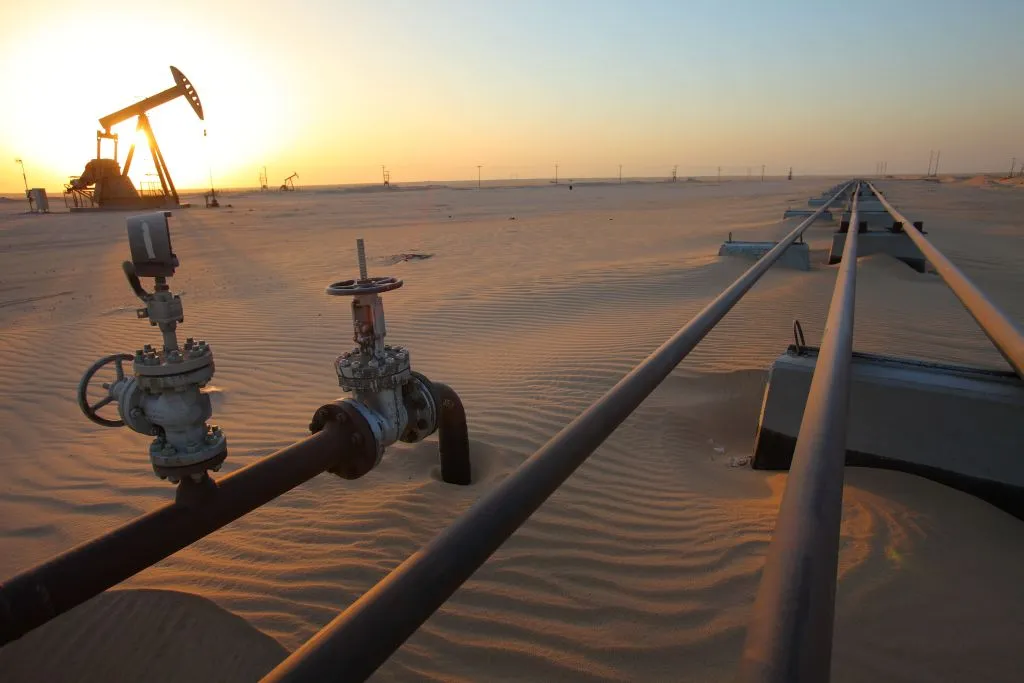
It's no mystery that Saudi Arabia is rich in oil, but just how much oil might surprise you. Saudi Arabia's Ghawar oil field is the largest in the world. It's so large that it contains enough to fill more than 4.7 million Olympic size swimming pools. Just one Olympic pool can hold 660,253 gallons of liquid, so if you do the math, it's...a lot.
On its own, the Ghawar oil field has an estimated 75 billion barrels of oil left. With so many countries dependent on fossil fuels, many countries want to keep Saudi Arabia as an ally.
Women Were Only Recently Permitted to Drive
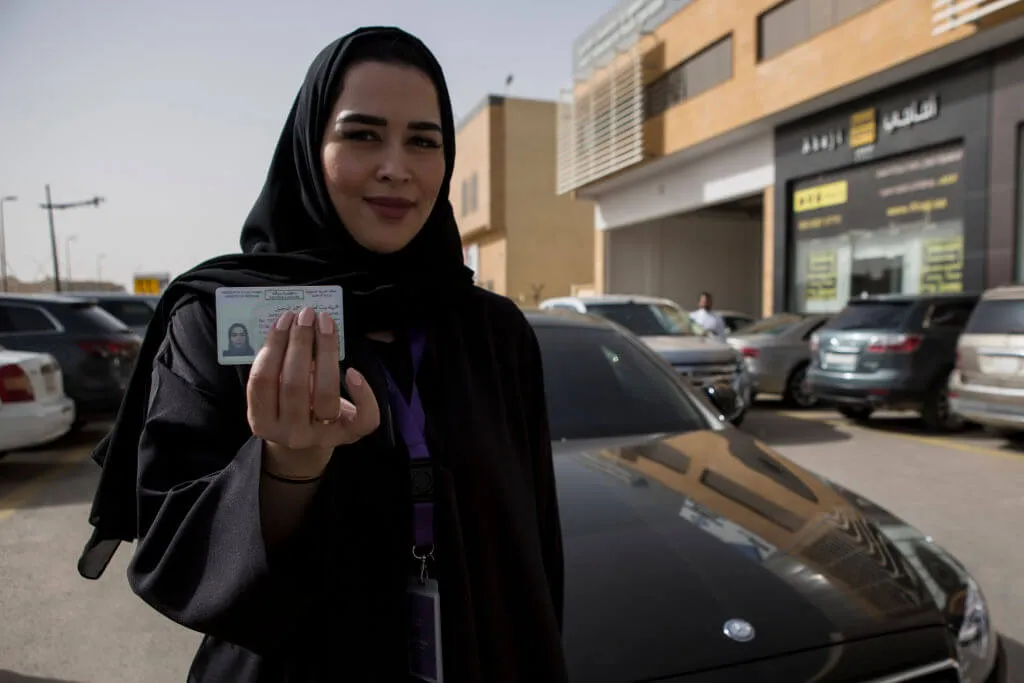
In a historic event, Saudi Arabia lifted its ban on female drivers in June 2018. Prior to lifting the ban, women had to rely on chauffeurs and male relatives if they wanted to travel by car, even if it was for a simple errand. Now, more than 3 million women could receive licenses by 2020 according to NPR.
Almost immediately after the ban was lifted, droves of women shared photos of them driving on social media. Prince Al-Waleed bin Talal even shared a video of his daughter driving him around along with the caption, "Finally, first ride with my daughter [Reem] while she's driving me and my grand-daughters in Riyadh."
Until Recently, Camel Was a Common Dish

Camels are so abundant in Saudi Arabia that they have long been a delicacy in the country. Camel liver has been served for centuries along with camel milk. But in the last decade, there has been in an increase in people experimenting with how to prepare the animal. In 2009, a fast food restaurant even started offering baby camel burgers so camel-crazed citizens could get their fix in a new way.
While this may seem strange to some, camel meat has been eaten for centuries. Ancient Greek texts describe camels being roasted whole for banquets. Today, camel meat is still eaten in arid regions where there are limited forms of protein available.
Camel Meat Was Banned In 2015

In Saudi Arabia, eating camel meat was about as common as eating chicken or fish is in the United States. But in 2015, a ban was placed on camel meat following a surge in deaths from the Middle East Respiratory Syndrome (MERS). It's believed that camels are carriers of the disease and transmit the potentially deadly virus via coughing, sneezing, snorting or spitting — something camels love to do.
The New York Times reported in February 2014 that since the disease was first detected in 2012, 182 people had fallen ill. Of those people, 79 later died.
Alcohol Is Illegal, But Smugglers Keep Trying to Bring It Into the Country Anyway

Thanks to Saudi Arabia's strict interpretation of Islamic law, alcohol is illegal. But that doesn't stop people from trying to smuggle it in. In recent years, Saudi customs officials have shared failed attempts to get alcohol into the country on social media (think: duct taping bottles of liquor to humans). In one attempt, customs officials found 48,000 cans of Heineken that were labeled as Pepsi.
While the photos may be funny, the punishments for getting caught in possession of alcohol can be harsh. Whether you're caught with a single beer or a case of liquor, you run the risk of jail time and flogging.
It's Home to One of the Largest Deserts In the World

When people think of Saudi Arabia, images of vast deserts tend to pop into our heads. It's true that Saudi Arabia is full of desert landscapes, but just how much of the country is desert might surprise you. More than 95 percent of Saudi Arabia is desert or semi-desert!
The Nefud is one of the largest deserts in the world. Located in the northern part of the Arabian Peninsula, An Nafud is 180 miles long and 140 miles wide. The area is known for its sudden bursts of violent winds, which are responsible for the massive crescent-shaped dunes. The area receives rainfall usually just once or twice a year, but does contain several oases where barley, dates, fruit, and vegetables are grown.
It's the Largest Country Without a River
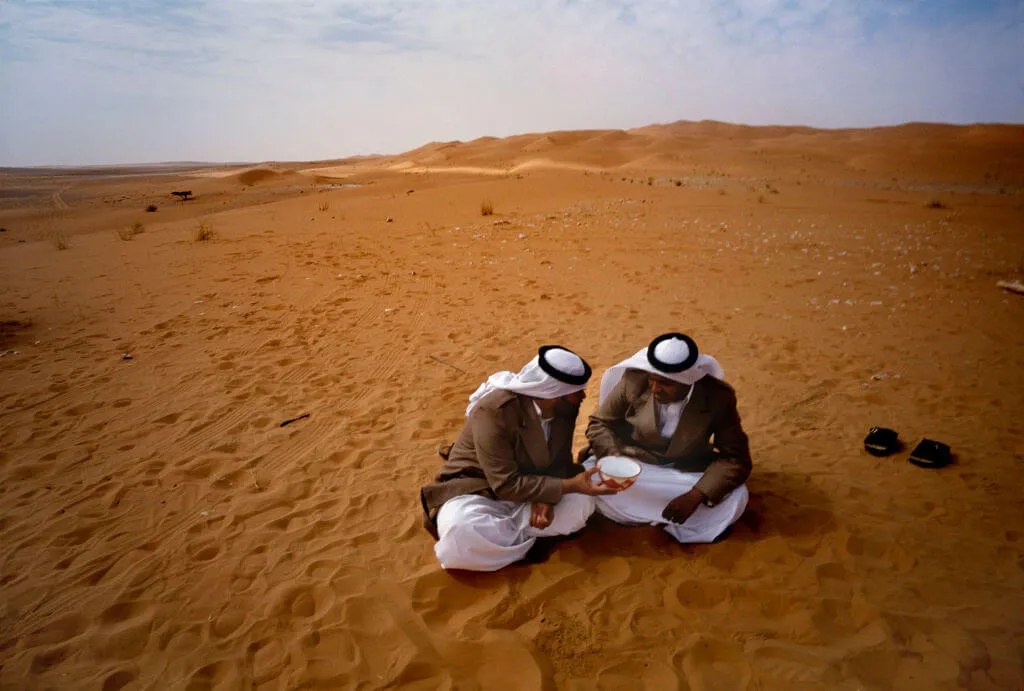
It's hard to believe that some countries are completely devoid of rivers, but it's true. There are 195 countries throughout the world and 17 of them don't have a river within their borders. Saudi Arabia holds a special title as it is the largest country in the world without one.
Saudi Arabia has dry riverbeds that occasionally flood, but the country has no permanent running rivers. Compare this to Russia, which has more than 100,000 rivers, and it's pretty tough to imagine there's not a single one in Saudi Arabia.
Saudis Spend $1.3 Billion on Tobacco Products Each Year

Saudi Arabia is the fourth largest importer of tobacco in the world, so it's not surprising that many Saudis smoke. In fact, it's projected that 10 million people in the country will be smokers by 2020 — a steep rise from the number of smokers a decade ago.
According to Arab News, the rise is contributed to a lack of awareness programs to educate its population on the dangers of smoking. In an effort to curb tobacco use, the Saudi National Committee for Tobacco Control began imposing fines of up to SAR 5,000 ($1,300 USD) for those caught smoking in public locations. And citizens caught cultivating or manufacturing tobacco and its derivatives could face fines of more than SR 20,000 ($5,000 USD.)
Sidewalk Skiing Is a Favorite Hobby Amongst Daredevils
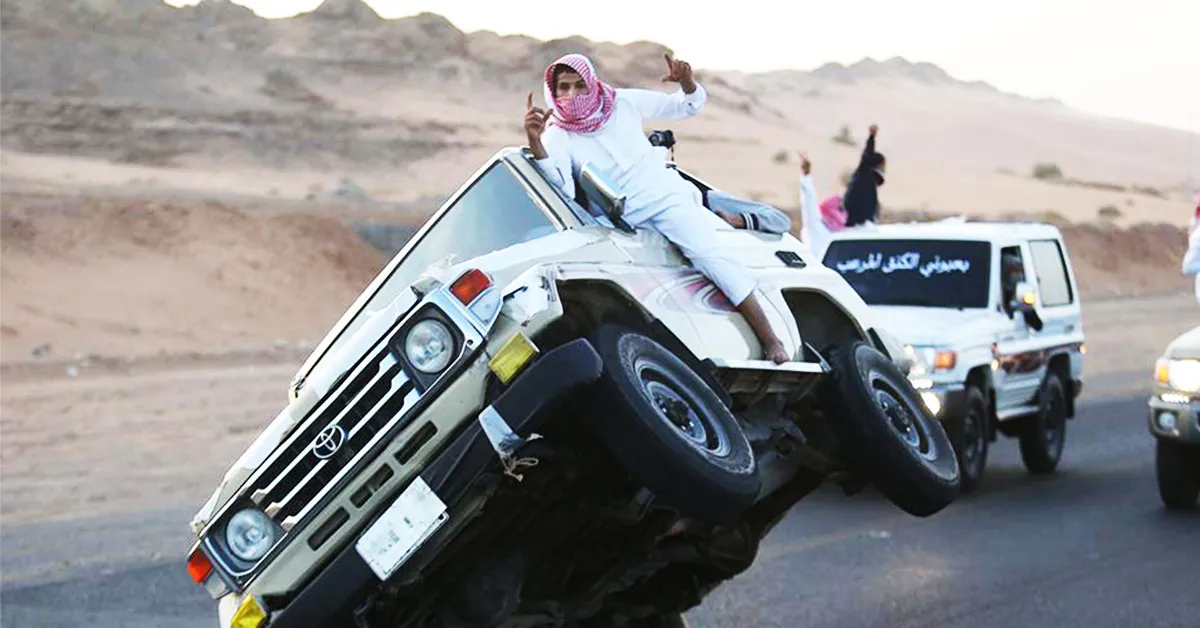
Saudi Arabia has taken drifting and joyriding to a new level. If you're unfamiliar with "sidewalk skiing," it's a dangerous sport that involves, well, what you see in the photo above! Saudi drivers drift their vehicles until they are up on just two wheels. From there, you might see passengers hanging out the window or standing on the roof. Sometimes they even change a tire while the vehicle is moving.
Despite authorities attempting to ban the activity, enthusiasts are keeping it alive. "Drifting is viewed as a national hobby in Saudi Arabia, just like football," says Saudi photographer and car enthusiast Erfan Matcharan.
Prince Alwaleed bin Talal Is Considered the "Saudi Warren Buffett"

With $27 billion in the bank, Prince Alwaleed bin Talal is the 15th wealthiest person in the world, according to Bloomberg's New Billionaire Index. His net worth has earned him the nickname "The Saudi Warren Buffett" — and for good reason.
Bin Talal is the second-largest shareholder in News Corp. and owns Paris' George V hotel. He's a stockholder in Apple and owns one of the world's tallest buildings. According to Vanity Fair, the enigmatic entrepreneur is also very progressive, championing women's rights and discouraging his female employees from wearing veils in his offices. Here he's pictured with his fourth wife, Princess Ameerah, while the two attend the wedding of Princess William and the Duchess of Cambridge in 2011.
Falconry Is Popular Throughout Saudi Arabia
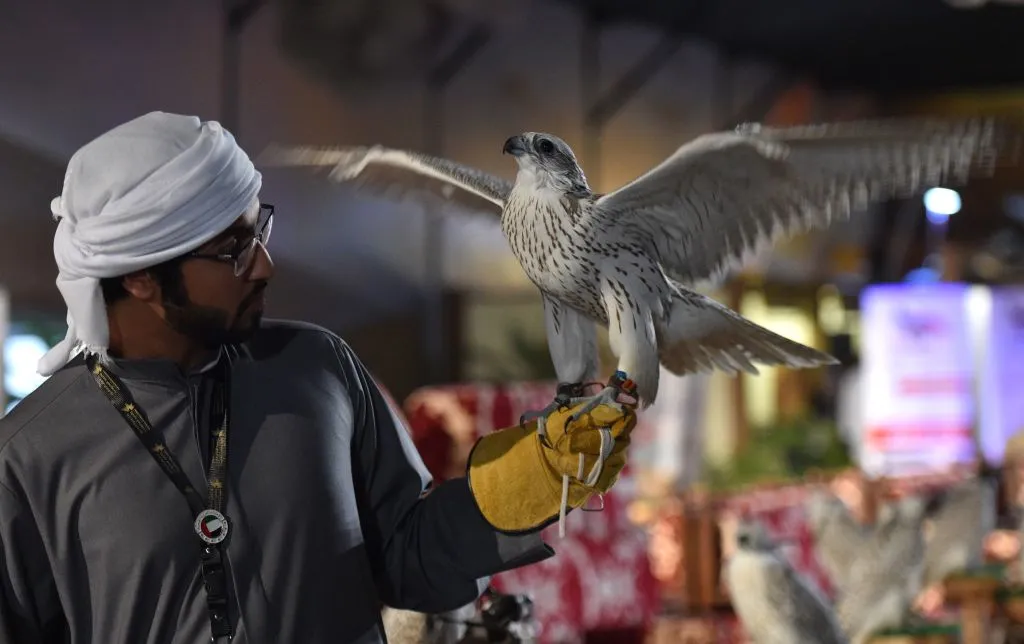
Just like art, literature, or music, falconry has its own distinct place in Saudi Arabia's cultural heritage. The art of falconry remains popular amongst those looking to revive part of their Bedouin history.
Numerous Middle Eastern countries practice falconry, but Saudi Arabia is one of the last (if not the last) to have preserved the activity's original tradition of taking wild quarry with a wild hawk. As you can imagine, training a falcon requires time and patience — but Arab falconers are able to train their birds quickly by living with them in their homes.
Women Must Be Married to Obtain Birth Control
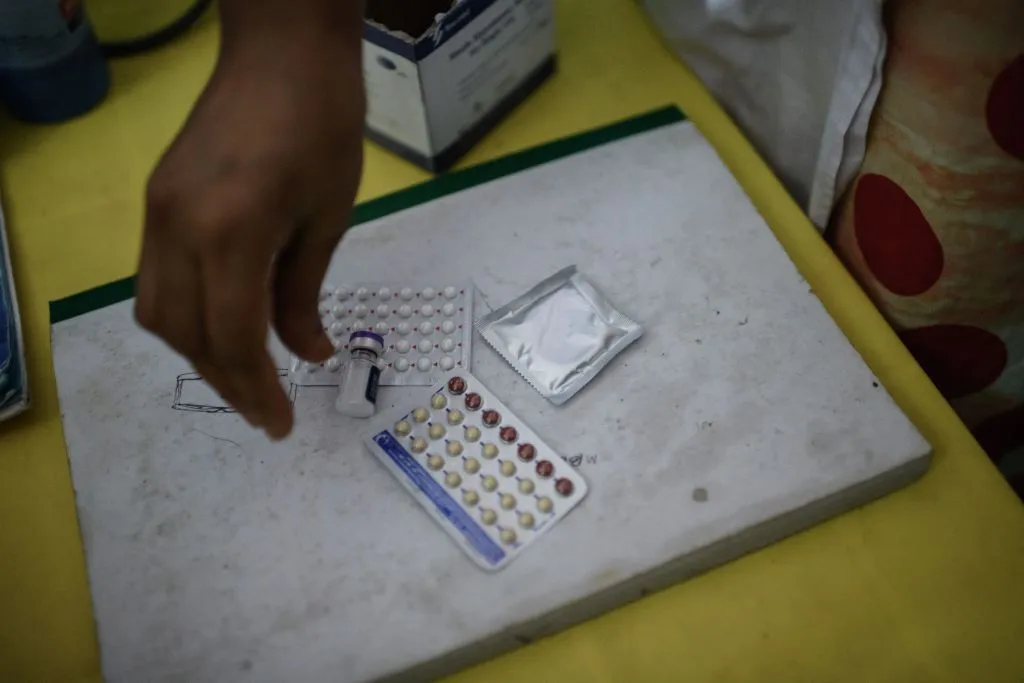
For Saudi women looking to avoid an unwanted pregnancy, they can purchase birth control at pharmacies — but there's a catch. Women must be married in order to obtain any form of birth control. While this law isn't enforced 100 percent of the time, some women are asked to show their marriage certificate before they can buy contraceptives.
You won't find dedicated emergency contraceptives in Saudi Arabia either, as they have been outlawed. We'll have to wait and see if this changes anytime soon.
Riyadh Camel Market Sells Around 100 Camels a Day

If you want to experience a unique part of Saudi Arabia's culture, head on down to the Riyadh Camel Market. The largest camel market in the world, Riyadh sells around 100 camels a day. But where do they go?
While some end up in caravans or even circuses, most of the camels sold here end up in neighborhood supermarkets, even though camel meat was banned in recent years. In Saudi Arabia, camels are primarily raised as a food source and are as common as goat and lamb. That is, until 2015 — but some vendors still sell the meat.
One Person Is Executed Every Other Day In Saudi Arabia
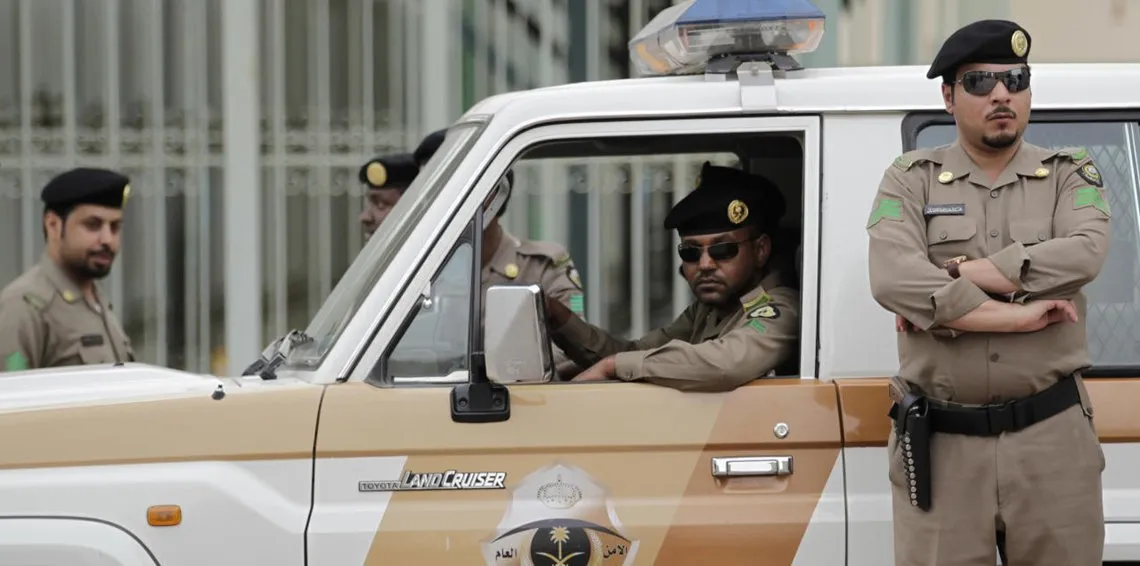
Corporal punishment is a type of punishment intended to cause physical pain. This can include things like paddling or spanking, but it can also include the amputation of limbs and even execution. In Saudi Arabia, executions are often performed publicly.
Saudi judges have come under scrutiny for handing out execution for minor crimes. On average, one person has been executed every other day in the country since 2015. "Any execution is appalling, but executions for crimes such as drug smuggling or sorcery that result in no loss of life are particularly egregious," Sarah Leah Whitson, Middle East and North Africa director for Human Rights Watch said in an interview with Reuters.
Saudi Arabia Has One of the Best-Funded Defense Forces In the Middle East

Saudi Arabia spends $88 billion each year on its military. To put this in perspective, most countries' military expenditure is around four percent of its GDP. Saudi Arabia's military expenditure is 10.4 percent.
With 600,000 army troops, Saudi Arabia has more than 1,400,000 active personnel in its military. Moreover, the country has roughly 400,000 men in its national guard and 50,000 men in tribal levies. The Saudi Arabian navy has more than 100,000 members and more than 80,000 members are in the air defense and strategic rocket forces.
Saudi Arabia Will be Home to the Tallest Building In the World In 2020
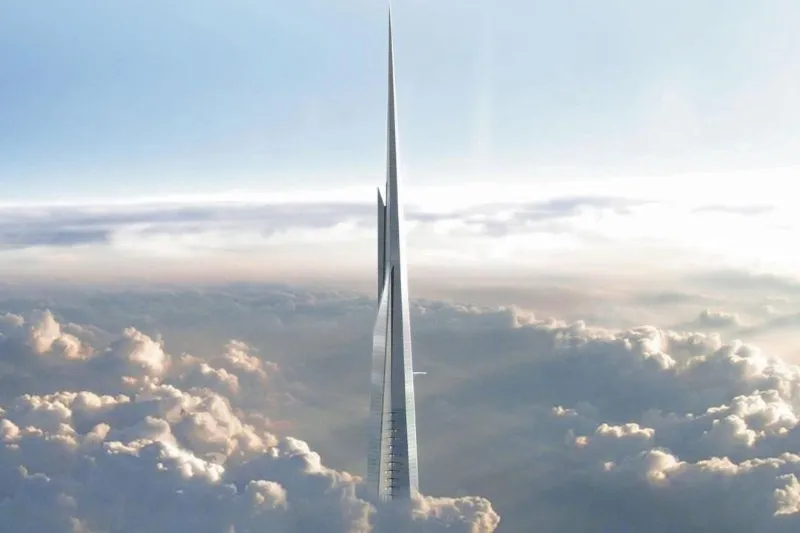
Tell the Burj Khalifa to move over. While the Burj Khalifa may currently hold the title as the tallest building the world, Saudi Arabia is looking to change that. Construction teams are currently working on the "Jeddah Tower," which will be the tallest building in the world.
Once it's completed — reportedly sometime in 2020 — it will stand roughly 3,281 feet high. That's significantly higher than the Burj Khalifa, which is already 2,717 feet high.
Women Are Showing Off Their Personal Style More
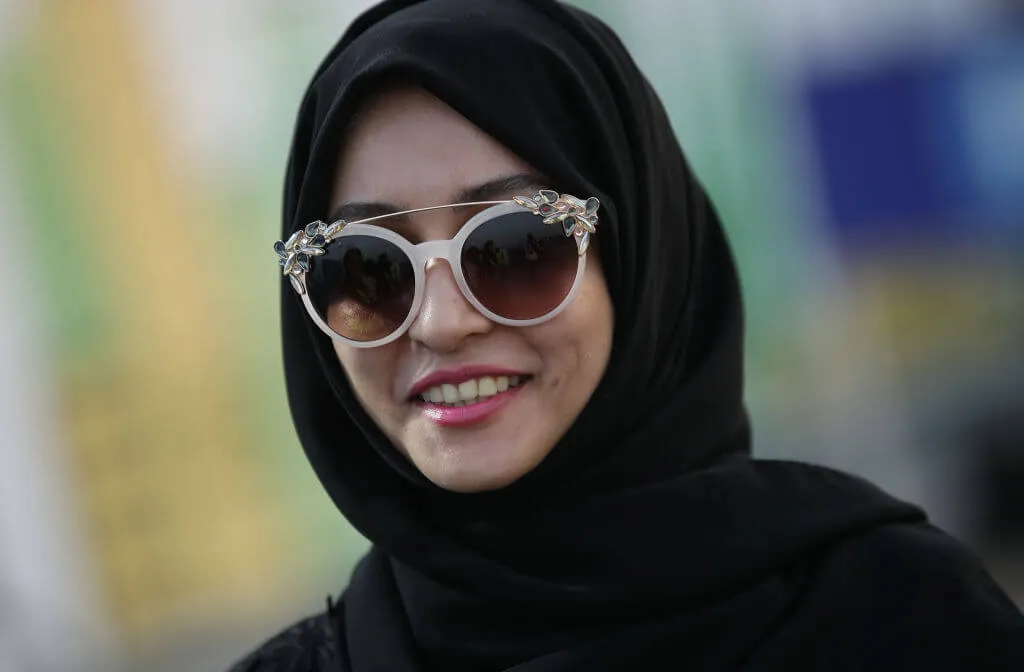
Saudi Arabia is ranked as one of the "least free" countries, especially when it comes to women. But despite this, more women are showing off their personal style and forgoing the traditional niqab, opting to show their faces in public.
In this photo, a young woman poses in Jeddah, Saudi Arabia, noticeably wearing ornate sunglasses. Just a few years ago, it would have been highly unlikely to see a woman out in public with her face uncovered while donning a statement accessory.
Women Still Face Other Inequalities

Women may be allowed to drive, but they still face other gender-based inequalities. In Saudi Arabia, women are not allowed to travel unless they are accompanied by a male counterpart.
Women are further suppressed by having to ask for permission (typically from their father, husband, or brother) to go to work or attend school. Women also aren't allowed to open their own bank account unless a male counterpart allows it. Imagine having those limitations on your lifestyle.
Saudi Arabia Has One of the Worst LGBT Rights Records In the World
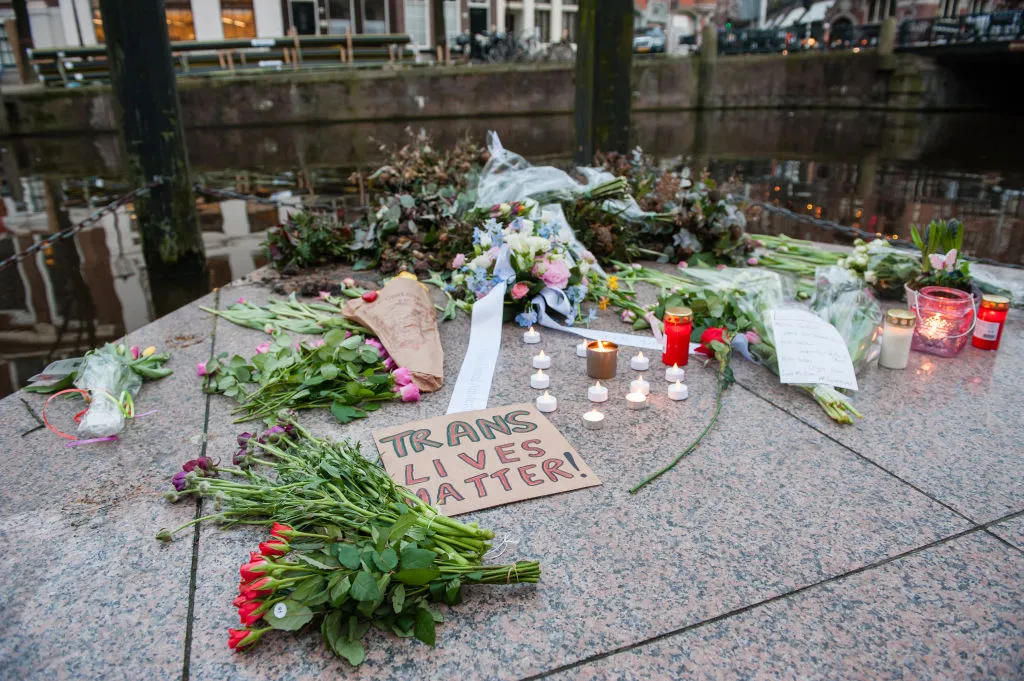
In Saudi Arabia, same-sex marriage is illegal, as is any same-sex activity for that matter. The country is considered to have one of the worst LGBT rights records in the world. LGBT individuals face legal charges ranging from fines to life imprisonment to death and torture. Sadly, there is next to no discrimination protection in place for individuals in the LGBT community. In fact, discrimination is encouraged.
Thanks to activist and LGBT advocacy groups, there has been some progress in recent years. Genwa Samhat, the executive director of the LGBT advocacy group Helem, says the social attitudes toward homosexuality are softening. She also says that people are moving from addressing homosexuality in a "violent, aggressive language" to a more "questioning language."
Aseel Al-Hamad Became the First Female Board Member of the Saudi Arabian Motor Federation
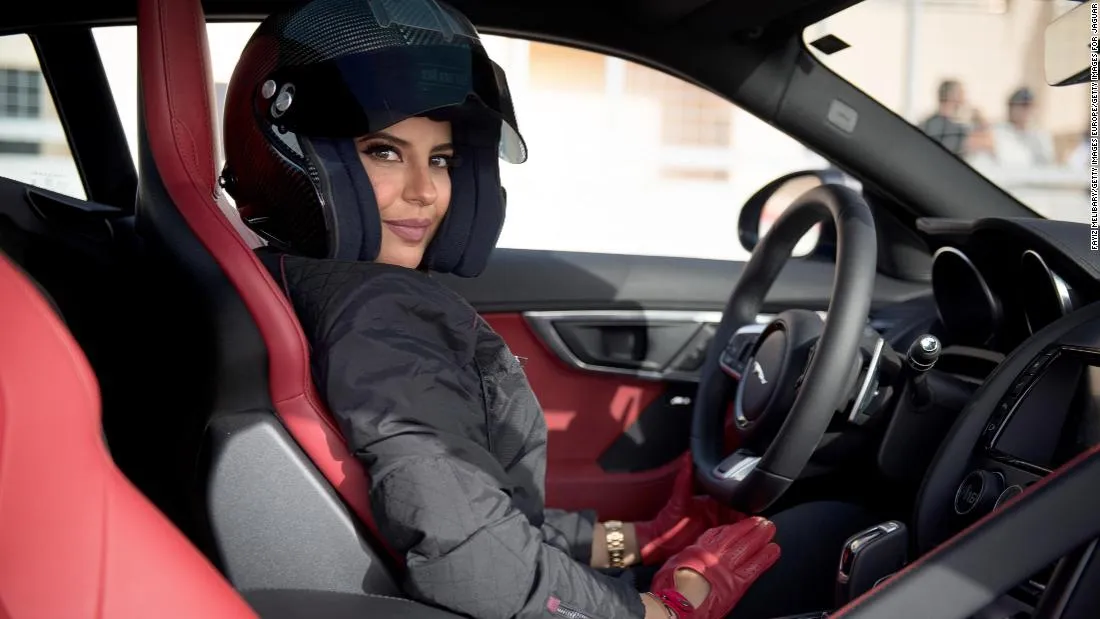
The year 2018 was a big one for women's rights in Saudi Arabia. Most notably, the ban on driving was lifted and women were finally able to get their licenses. Aseel Al-Hamad, an engineer, designer, and motorsport enthusiast, further made history by becoming the first female board member of the Saudi Arabian Motor Federation
Al-Hamad was the first Saudi Arabian woman to import and own a Ferrari and on the day the driving ban was lifted, performed a celebratory lap in a Lotus Renault E20 at the 2018 French Grand Prix.









